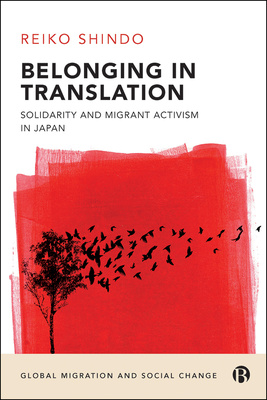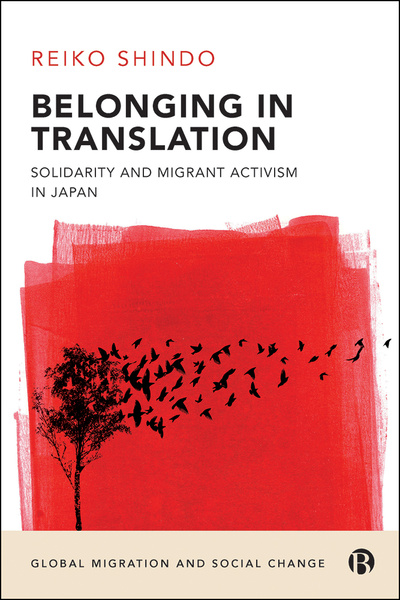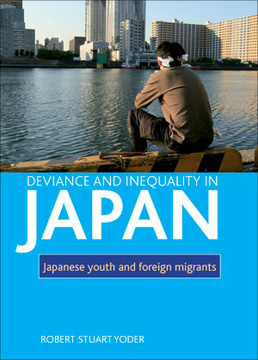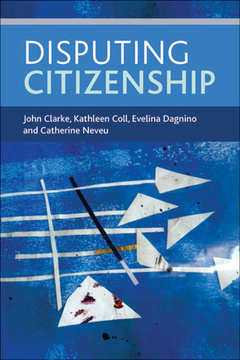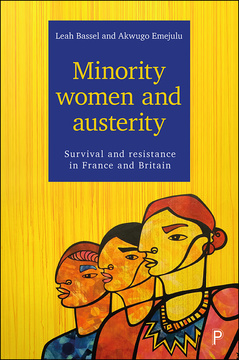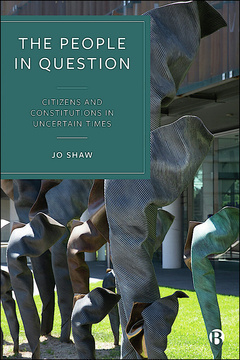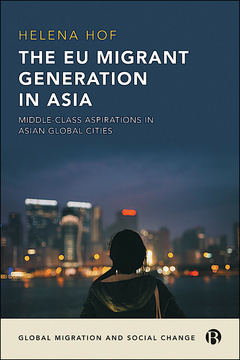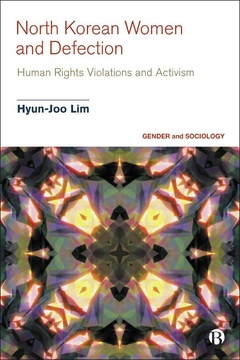ISBN
978-1529201871Dimensions
234 x 156 mmImprint
Bristol University PressISBN
978-1529201895Imprint
Bristol University PressISBN
978-1529201895Imprint
Bristol University PressThis is the first book to investigate how migrants and migrant rights activists work together to generate new forms of citizenship identities through the use of language. Shindo's book is an original take on citizenship and community from the perspective of translation, and an alluring amalgamation of theory and detailed empirical analysis based on ethnographic case studies of Japan.
''Shindo turns assumptions about misinterpretation, inaudibility and untranslatability on their head as she explores the possibilities of communication and its failure. An important and pioneering contribution to Citizenship and Migration Studies, which – until now – has lacked a robust theorisation of linguistic diversity.'' Anne McNevin, The New School
''As solidarity between citizens and noncitizens increasingly shapes international politics, translation becomes a site of struggles for the rights of both citizens and noncitizens. Shindo shows how translation works between multilingual migrant communities and community unions in Japan. This engaging book is an ethnographically informed theoretical study of challenges to solidarity in action.'' Engin Isin, Queen Mary University of London
Reiko Shindo is Lecturer in International Relations in the School of Humanities at Coventry University. She is also an Honorary Research Fellow at the University of Warwick. Her research focuses on citizenship and community and cuts across various fields of studies including political geography, migration studies, political theory, and Japanese studies.
Introduction
1.Language as a Contested Site of Belonging
2.Solidarity Activism? Rethinking Citizenship Through Inaudibility
3.Silence and the Image of Helplessness: The Challenge of Tozen Union
4.Rewriting the Meaning of Silence: Latin American Migrant Workers from Kanagawa City Union
5.The Hidden Space of Mediation: Migrant Volunteers, Immigration Lawyers, and Interpreters
6.Untranslatable Community: Toward a Gothic Way of Speaking
Conclusion







